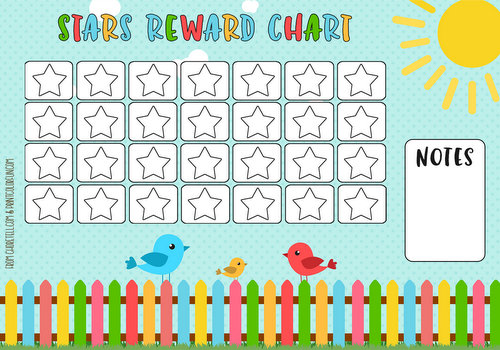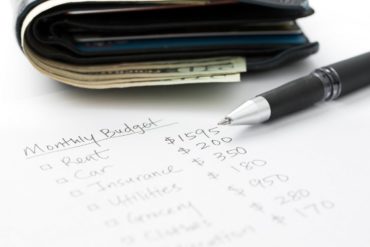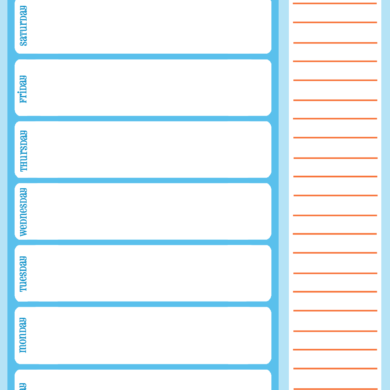by Leo Babauta
My daughter Chloe is starting out in college in the fall, and with her newfound independence will come the newfound responsibilities of dealing with money.

Like many young people, she hates thinking about finances.
I was one of them. I always dreaded budgeting and paying bills and thinking about savings and retirement, and figured I could always deal with it later.
Problem with that is you end up screwing yourself if you put things off until later. Living for the moment is great, until the finances catch up with you and the moment starts to suck because you owe a ton of debt.
I’ve found that living mindfully means not just partying in the moment, but taking care of things now, when they’re small, rather than when they’re huge.
So with that in mind, I have a few lessons I’d like to emphasize for Chloe, and for anyone else starting out in college.
Six simple budgeting lessons
1. Spend less than you earn. OK, this is almost the only lesson you need, but it’s so important I’m going to break it down further. The biggest reason people get into financial problems is they spend money they don’t really have. Then you end up in the hole, and it’s hard to get out of the hole, and you work crazy hours to keep up with your spending, and you end up with a life that’s about nothing but trying to pay for all the spending on crap you don’t really need.
So spend less, work less, worry less, be happier.
1a. Don’t get into debt. If you spend less than you earn, you won’t be in debt, obviously. It’s easy, though, to get a student credit card and put things on there if you don’t have the money right now. You can pay for it next week when you get your check, right? That’s a slippery slope. Student loans are another tool for getting over your head in debt. They’re not the worst debt if you’re paying for a degree that’s going to earn a lot of money, but most of us English majors aren’t going to get an $80K per year job and shouldn’t take out $80K in student loans.
1b. Savings is your first bill to pay. If you spend less than you earn, save the rest. Make the savings an automatic payment that happens every payday, and make it the first and most important bill you pay. Not optional. You’ll be glad as the savings grows, and especially when emergencies come up.
1c. If you don’t have the money, go without. This is a lesson most people (young or old) forget. You don’t actually need a car, so if you can’t afford to pay cash, don’t get a loan. You don’t need nice clothes, or a smart phone, or a fancy laptop or iPad or Kindle, you don’t need to go to nice restaurants or the movies or bars. If you don’t have the money, find free ways to have fun or get things done you need to get done.
>> Also see: The Money Book for the Young, Fabulous & Broke, by Suze Orman
2. Make a very very simple budget. It’s a scary thing for people who’ve never done a budget, but it’s not hard. List your income, then list your bills (and savings). If the bills add up to more than the income, eliminate some bills. Use a simple spreadsheet to do the adding for you. This helps you to know what’s coming in and going out. I like the envelope system for making sure I don’t spend to much on variable expenses.
3. Pay bills right away. If you have the money, pay the bill as soon as it comes in. You can usually do this online, but if not, it’s just a matter of writing a check, putting it in an envelope, and writing out an address — two minutes. Do this two-minute action immediately, so you don’t have to worry about it later. If you let the bill-paying get pushed back, it becomes a dreaded thing, and your bills start to become overdue, and then it’s much worse.
That’s all you need to know. If you save when you’re in college, avoid debt (except perhaps a modest student loan), and pay bills on time, you’re golden.






